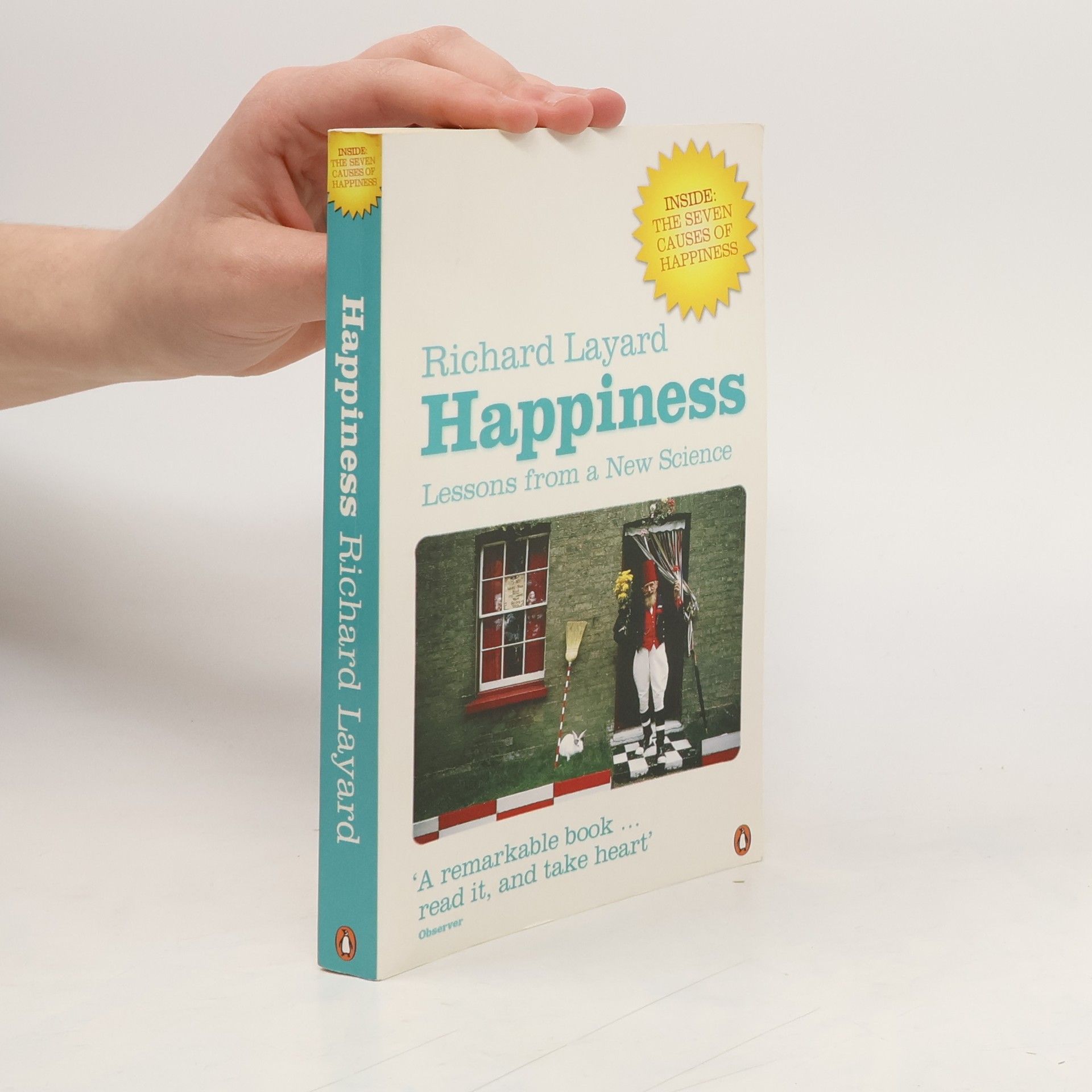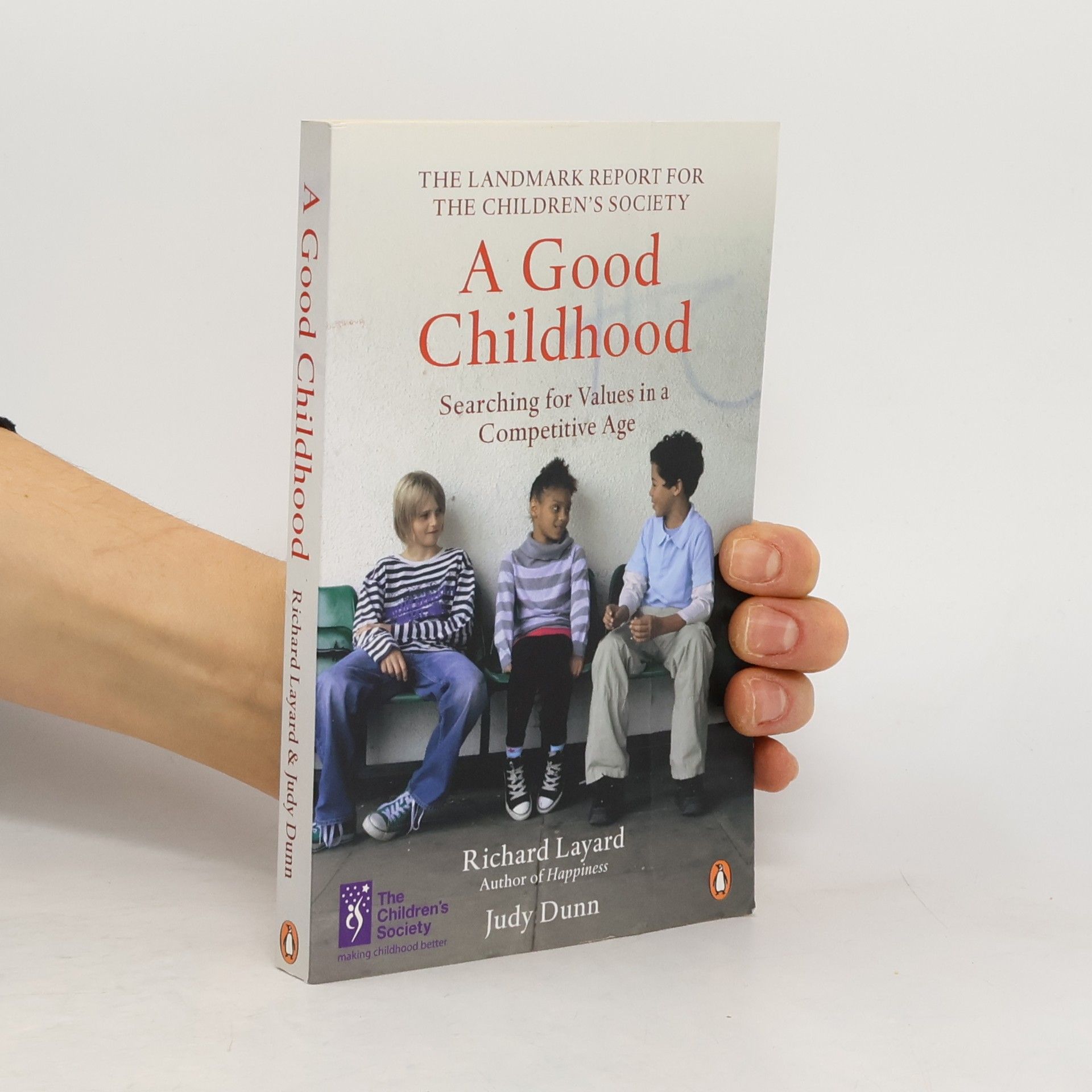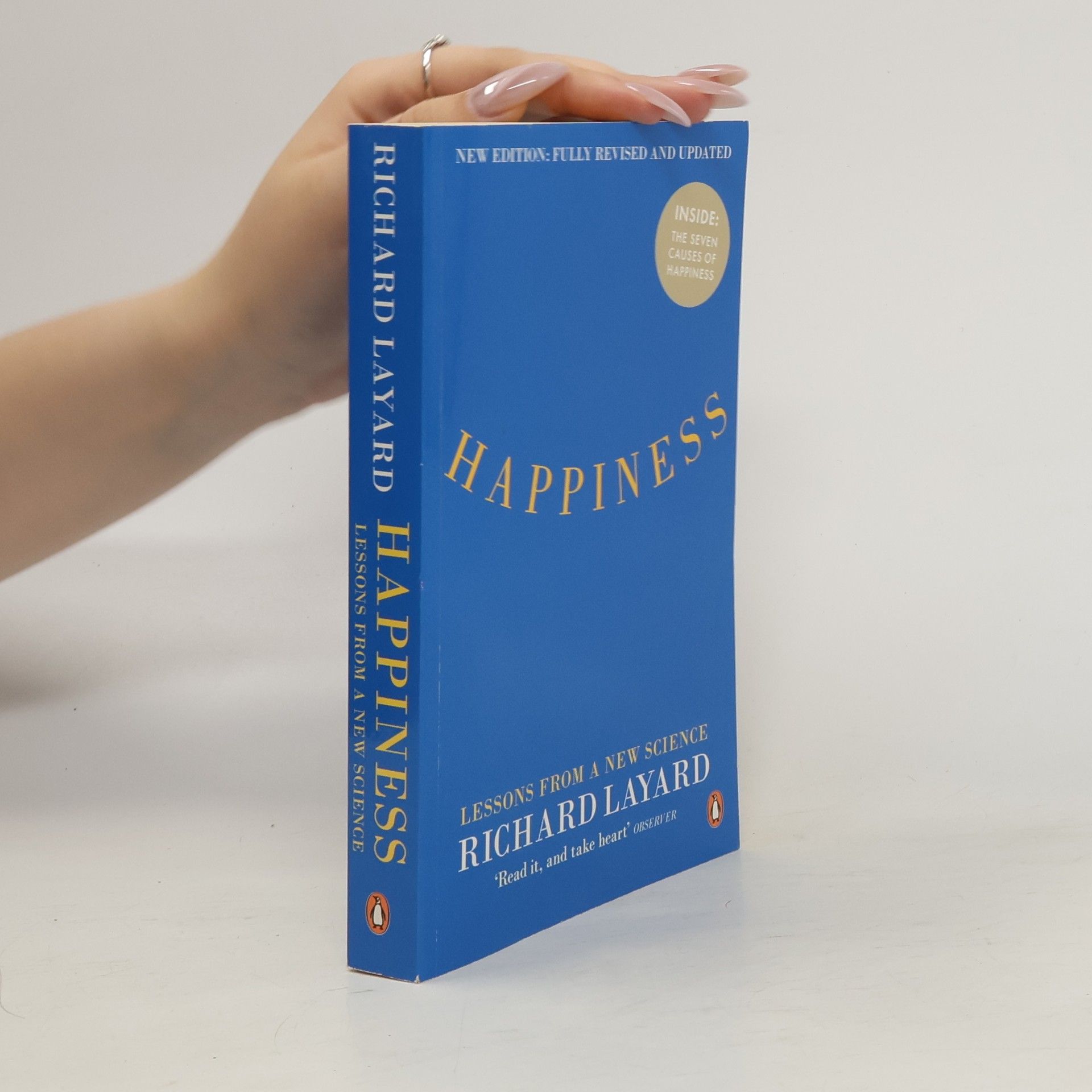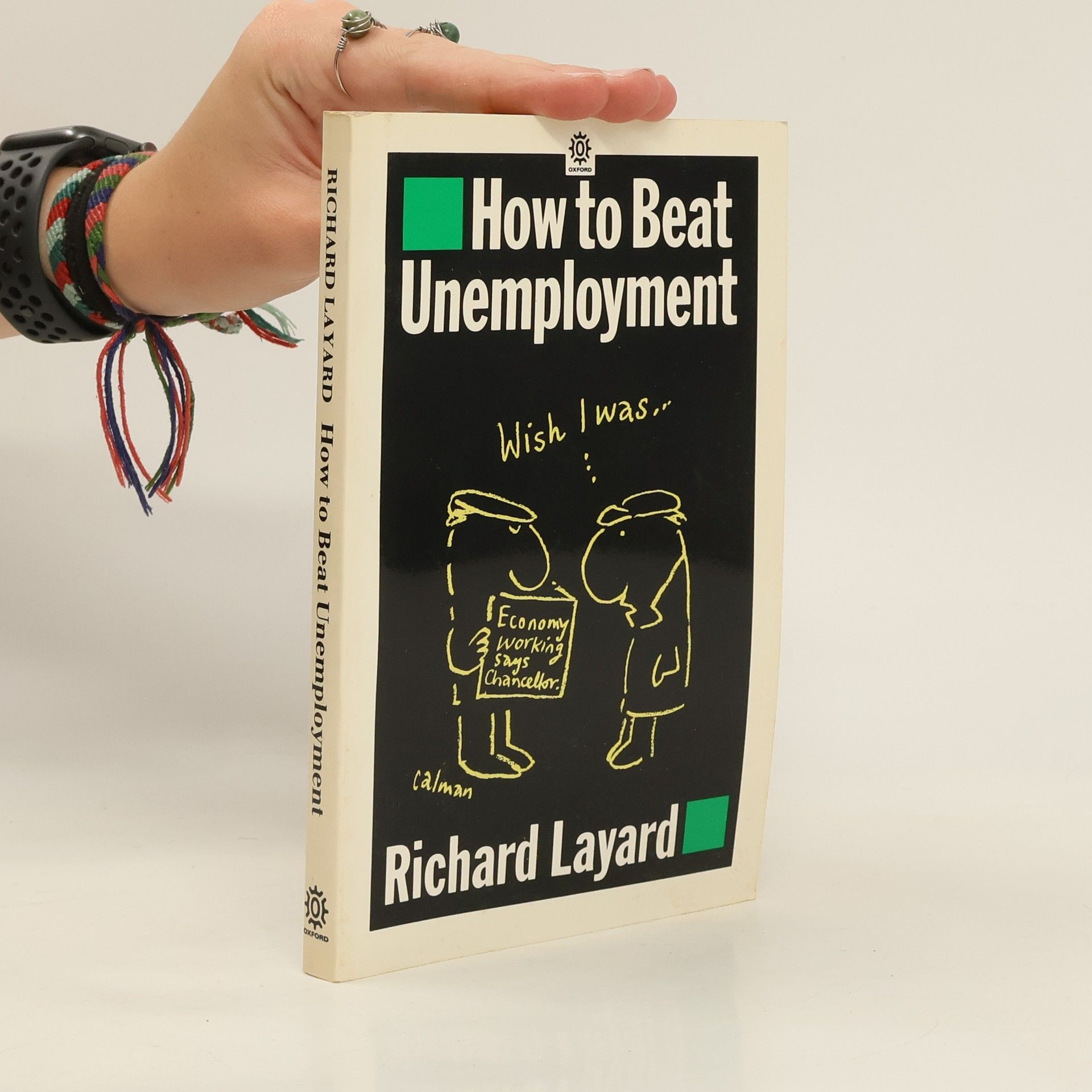What produces a happy society and a happy life? Thanks to the new science of wellbeing, we can now answer this question using state-of-the-art empirical evidence. This transforms our ability to base our decisions on the outcomes that matter most, namely the wellbeing of us all including future generations. Written by two of the world's leading experts on the economics of wellbeing, this book shows how wellbeing can be measured, what causes it and how it can be improved. Its findings are profoundly relevant to all social sciences, including psychology, economics, politics, behavioural science and sociology. A field-defining text on a new science that aims to span the whole of human life, this will be an invaluable resource for undergraduate and graduate students, policy-makers and employers, who can apply its insights in their professional and private lives. This title is also available as Open Access on Cambridge Core.
Peter R. G. Layard Boeken






Happiness
- 384bladzijden
- 14 uur lezen
Shows that there is a paradox at the heart of our lives. This title describes that most people want more income and yet as societies become richer, they do not become happier.
Can We Be Happier?
- 384bladzijden
- 14 uur lezen
Most people now realise that economic growth, however desirable, will not solve all our problems. Instead, we need a philosophy and a science which encompasses a much fuller range of human need and experience. This book argues that the goal for a society must be the greatest possible all round happiness, and shows how each of us can become more effective creators of happiness, both as citizens and in our own organisations. Written with Richard Layard's characteristic clarity, it provides hard evidence that increasing happiness is the right aim, and that it can be achieved. Its language is simple, its evidence impressive, its effect inspiring. 'In this book 'Can We Be Happier?' which is part of Richard Layard's excellent, ongoing exploration of what happiness is and how it can be achieved, he provides evidence that if you have peace of mind and are full of joy, your health will be good, your family will be happy and that happiness will affect the atmosphere of the community in which you live.' The Dalai Lama
The Coming Russian Boom
A Guide to New Markets and Politics
Predicts that the Russian economy will grow at a rapid pace in the next few years and analyzes privatization in the country, the money supply, and the development of the Russian economy
A Good Childhood
- 238bladzijden
- 9 uur lezen
Every day the newspapers lament the problems facing our children - broken homes, pressures to eat and drink, the stress of exams. The same issues are discussed in every pub and at every dinner party. But is life really more difficult for children than it was, and if so why? And how can we make it better?This book, which is a result of a two year investigation by the Children's Society and draws upon the work of the UK's leading experts in many fields, explores the main stresses and influences to which every child is exposed - family, friends, youth culture, values, and schooling, and will make recommendations as to how we can improve the upbringing of our children. It tackles issues which affect every child, whatever their background, and questions and provides solutions to the belief that life has become so extraordinarily difficult for children in general.The experts make 30 specific recommendations, written not from the point of view of academics, but for the general reader - above all for parents and teachers. We expect publication to be a major event and the centre of widespread media attention.
Happiness : lessons from a new science
- 320bladzijden
- 12 uur lezen
In this landmark book, Richard Layard shows that there is a paradox at the heart of our lives. Most people want more income. Yet as societies become richer, they do not become happier. This is not just anecdotally true, it is the story told by countless pieces of scientific research. We now have sophisticated ways of measuring how happy people are, and all the evidence shows that on average people have grown no happier in the last fifty years, even as average incomes have more than doubled. In fact, the First World has more depression, more alcoholism and more crime than fifty years ago. This paradox is true of Britain, the United States, continental Europe, and Japan. What is going on?
How to Beat Unemployment
- 201bladzijden
- 8 uur lezen
Many people think nothing can be done to reduce unemployment; this book, by a leading expert, disagrees. The author shows how unemployment can be cut and explains why it has risen.
Microeconomic Theory
- 498bladzijden
- 18 uur lezen

